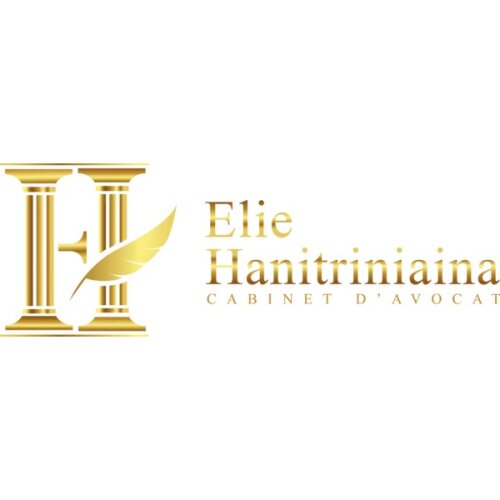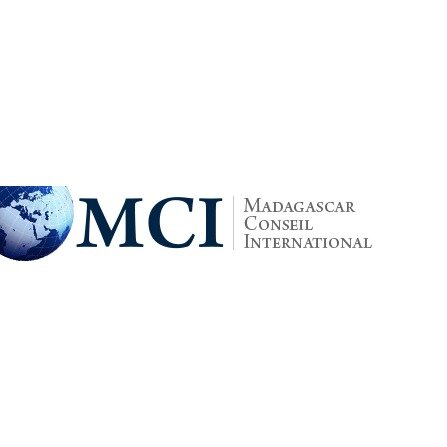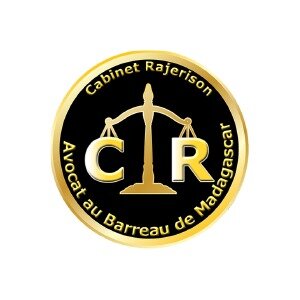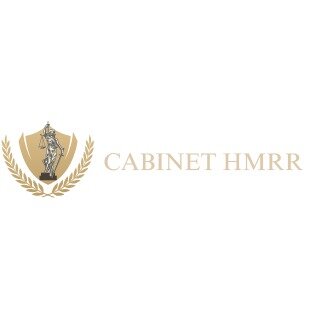Best Water Law Lawyers in Antananarivo
Share your needs with us, get contacted by law firms.
Free. Takes 2 min.
List of the best lawyers in Antananarivo, Madagascar
About Water Law in Antananarivo, Madagascar
Water Law in Antananarivo, Madagascar, governs the management, use, and protection of water resources within the city and its surrounding region. It covers issues such as access to potable water, water rights, distribution, pollution, and the sustainable use of rivers, lakes, and other water sources. As the capital and largest city in Madagascar, Antananarivo faces significant challenges related to urban population growth, water scarcity, and pollution, making Water Law an essential field for ensuring the equitable and sustainable access to water for all residents.
Why You May Need a Lawyer
There are several situations where individuals, businesses, or communities in Antananarivo may require legal assistance relating to Water Law. Common examples include:
- Disputes over water access between neighbors, communities, or companies
- Problems related to pollution or contamination of water sources
- Inequitable water distribution or service interruptions from public or private providers
- Negotiation of water use permits for agriculture, industry, or large-scale construction projects
- Legal action regarding illegal water extraction or overuse of natural resources
- Assistance with regulatory compliance for businesses, especially those whose operations affect water sources
- Enforcement or interpretation of government water resource management plans or environmental regulations
Lawyers who specialize in Water Law can help interpret complex regulations, protect your rights, represent you in court or before governmental agencies, and provide strategic advice in water-related negotiations or disputes.
Local Laws Overview
In Antananarivo, Water Law is primarily shaped by Madagascar's national Water Code (Code de l'Eau), various government decrees, and local municipal regulations. Some of the most important aspects include:
- Public Ownership of Water Resources: The state is generally the owner of water resources, and private use is subject to regulation or permits.
- Water Rights and Access: There are specific rules about who can access water sources, how water may be used, and the priority of users during scarcity.
- Permits for Large-Scale Use: Extraction of significant quantities of water often requires governmental authorization, particularly for businesses and industries.
- Pollution Controls: Strict prohibitions exist against dumping contaminants into surface or groundwater. Violations can lead to fines or criminal charges.
- Water Service Regulation: The provision of potable water by public or private entities is regulated for price, quality, and reliability. Consumers have rights to a minimum standard of service.
- Dispute Resolution: Disputes over water rights, usage, or pollution are subject to both administrative and judicial procedures.
- Environmental Protection: There are overlapping environmental laws aiming to protect wetlands, watersheds, and biodiversity related to water ecosystems.
Frequently Asked Questions
What are water rights in Antananarivo?
Water rights refer to the legal entitlements individuals or organizations have to use water from specific sources. In Madagascar, water resources are generally owned by the state, and access may require a permit depending on the volume and purpose of use.
Can a private individual own a river or lake?
No, rivers, lakes, and groundwater are considered public resources in Madagascar. Private property status does not extend to ownership of these water bodies, but private use may be allowed by permit.
What permits are needed to extract water for industrial use?
Industrial water use typically requires a formal permit from the relevant governmental agency. The application process includes environmental impact assessments and compliance with local and national regulations.
How are water disputes resolved in Antananarivo?
Disputes may be resolved through administrative hearings, mediation, or court proceedings. In many cases, specialized divisions handle environmental or resource-related conflicts.
What can I do if my water supply is contaminated?
You can file a complaint with the local water utility, health authorities, or the relevant governmental oversight body. Legal action may also be possible against parties responsible for pollution.
Are there penalties for polluting rivers or groundwater?
Yes, Madagascar's laws set significant fines and possible criminal charges for those found guilty of polluting water sources. Cleanup and remediation may also be ordered by the courts.
What should I do if my neighbor is blocking a shared water source?
Attempt to resolve the dispute amicably, but if the issue persists, report the situation to municipal authorities or seek legal advice to ensure your lawful access is restored.
Can businesses be held responsible for water shortages?
Businesses engaged in excessive water extraction or pollution can be held liable, especially if their actions deprive communities of water or contravene the Water Code.
How can communities secure better water access?
Communities can organize to petition local authorities, work with NGOs, or seek legal support to secure service improvements or fair allocation of water resources.
Who enforces Water Law in Antananarivo?
Enforcement is mainly carried out by national agencies such as the Ministry of Water, regional environmental offices, and the local municipality. Specialized environmental courts may also handle violations.
Additional Resources
If you need more information or assistance on Water Law issues in Antananarivo, you may contact the following organizations:
- Ministry of Water, Sanitation and Hygiene (Ministère de l'Eau, de l'Assainissement et de l'Hygiène): The main government body responsible for water resource management and policy enforcement.
- Municipality of Antananarivo: Local office for reporting community water concerns and assistance with municipal regulations.
- Environmental NGOs: Organizations such as Alliance Voahary Gasy offer advocacy and support for water rights and environmental protection.
- University Faculties: Some local universities have legal clinics or research centers specializing in environmental and water law.
- Bar Association of Madagascar: Source for finding qualified legal professionals experienced in Water Law cases.
Next Steps
If you believe you require assistance with a Water Law issue in Antananarivo, consider taking the following steps:
- Clearly document your situation, gathering relevant facts, contracts, permits, or correspondence.
- Contact the local municipality or the Ministry of Water to understand the applicable regulations for your issue.
- Consult a qualified lawyer who specializes in Water Law or environmental law. Many lawyers offer initial consultations to assess whether you have a strong case or require further action.
- If your issue is urgent, such as water contamination or service interruption, submit a formal complaint to the authorities while seeking legal advice.
- Stay informed about your rights and obligations regarding water use in Antananarivo to protect your interests and avoid potential legal pitfalls.
Professional legal guidance can help you navigate the complexities of Madagascar's Water Law, secure your rights, and resolve disputes efficiently.
Lawzana helps you find the best lawyers and law firms in Antananarivo through a curated and pre-screened list of qualified legal professionals. Our platform offers rankings and detailed profiles of attorneys and law firms, allowing you to compare based on practice areas, including Water Law, experience, and client feedback.
Each profile includes a description of the firm's areas of practice, client reviews, team members and partners, year of establishment, spoken languages, office locations, contact information, social media presence, and any published articles or resources. Most firms on our platform speak English and are experienced in both local and international legal matters.
Get a quote from top-rated law firms in Antananarivo, Madagascar — quickly, securely, and without unnecessary hassle.
Disclaimer:
The information provided on this page is for general informational purposes only and does not constitute legal advice. While we strive to ensure the accuracy and relevance of the content, legal information may change over time, and interpretations of the law can vary. You should always consult with a qualified legal professional for advice specific to your situation.
We disclaim all liability for actions taken or not taken based on the content of this page. If you believe any information is incorrect or outdated, please contact us, and we will review and update it where appropriate.














